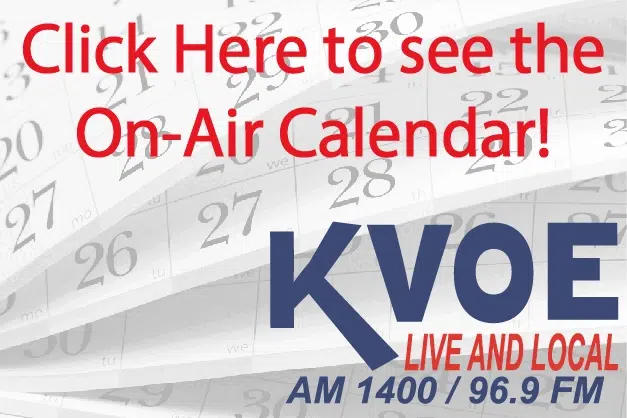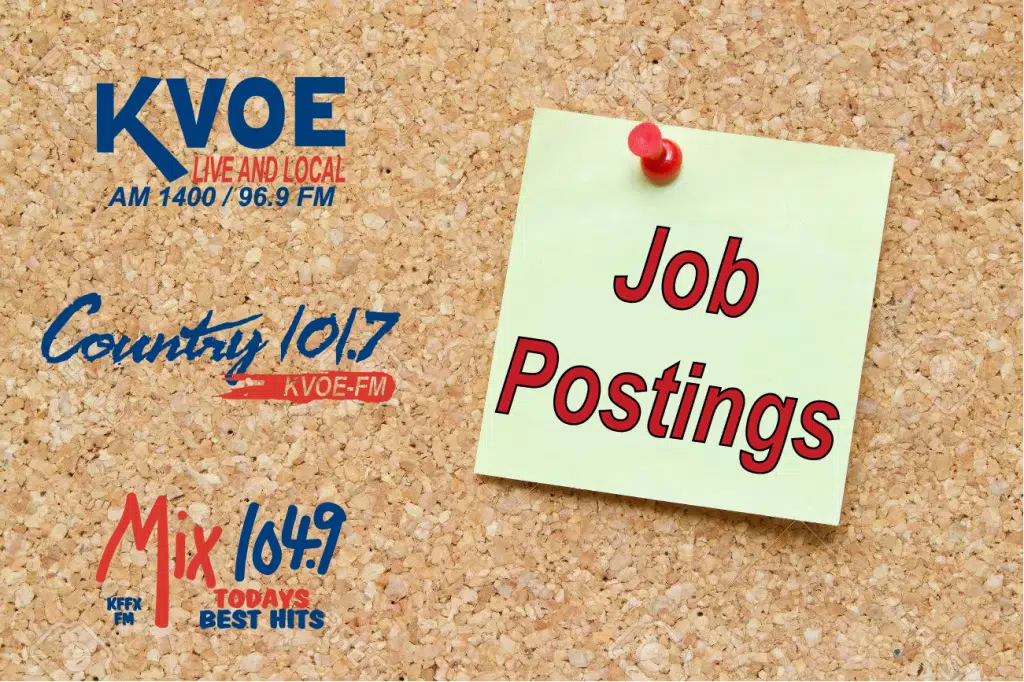With an ever-changing education landscape coupled with the lingering effects of the COVID-19 pandemic and an ongoing decline in enrollment, Emporia State University is looking to utilize a recently extended tool through the Kansas Board of Regents to “realign” the university’s focus moving forward.
As part of the framework proposal, ESU President Ken Hush says the university may look to do away with certain programs which no longer fall within ESU’s “strike-zone.” This will likely mean job cuts to an unspecified degree as a result.
It was announced Wednesday the university has submitted a framework policy proposal to KBOR for consideration through the Workforce Management Framework policy enacted in January of 2021. The framework essentially gives universities an alternate route to pursue the termination of faculty and was created in response to the COVID-19 pandemic.
When asked the reasoning for this move, Hush stated that the proposal is not a “cost-saving” initiative, but rather a methodical process born out of extensive analysis through communication with faculty, staff and students across campus.
Hush adds this is not a simple process, nor one without personal attachment, as relieving any staff or faculty of their responsibilities, permanently or otherwise, is not something the university ever wishes. That being said, Hush believes this is the best course of action to ensure the university continues to provide the best possible education to students both at present and in the future.
Interim Provost Brent Thomas says the framework is a more proactive approach to addressing a number of issues than the university’s previous policy of simply cutting the budget.
KVOE News also spoke with Emporia City Commissioner Jamie Sauder to gauge the city’s perspective on the move. Sauder tells KVOE News when it comes to a move like this, it is important to look at the “long game” and not just the short term.
At this time, the university is not divulging any details as to which programs may ultimately be affected by the framework if it gains approval from KBOR. However; Thomas assures all students that if there were program were to be affected by this action, it will not affect their current educational journey as the university will provide “teach out” programs to ensure students receive the education they came to ESU for.
Hush also stated that “change is uncomfortable,” however, this is an exciting venture for the university as ESU is at a “crossroads” and to move past it the university has to act swiftly. Thomas agreed with this sentiment saying he believes the framework would be the most effective and “humane” option to address ongoing issues brought about by the COVID-19 pandemic as well as pre-existing factors such as declining enrollment.
According to Hush, since 2017 the university has seen a 28 percent decline in on-campus student enrollment. Hush also says ESU is in a “unique position” as they are making plans for how to move forward without an official word on whether or not that path has the support of KBOR.
Wednesday, Hush and other administrators met with ESU’s various governances to discuss the framework proposal and Thomas expects a wide range of feedback and input over the course of the next several days.
Hush also tells KVOE News the university will look to have resources in place to assist any and all faculty or staff who may be suspended or terminated through the framework, however, those tools are still in the process of development. All decisions related to the suspension or termination of any faculty or staff member will be subject to appeal, however, the full process has yet to be finalized.
A timeline for the implementation of the framework is also pending KBOR’s decision. KBOR will have a ruling on the proposed framework following its regularly scheduled meeting next Wednesday, Sept. 14.
Statement by Emporia State University
By presenting a policy framework to the Kansas Board of Regents, Emporia State University is taking the next step to become a Forward Focused, Future Ready institution with singular focus – students, students, students.
The ESU Framework for Workforce Management is on the KBOR agenda for consideration and possible action on Sept. 14. If approved, the framework would allow ESU the flexibility to realign resources to address the university’s structural deficits that have been ongoing for several years, accelerated by COVID.
Since January, input has been gathered from students, faculty and staff, and every area of campus has been reviewed. ESU is moving forward with a strategy focused on aligning resources to meet the rapidly changing needs of today’s and tomorrow’s students.
“We went to our students for input. And we are listening,” said ESU President Ken Hush president.
In recent months, ESU has implemented meaningful, student-success-based diversity, equity, and inclusion programs; increased basic needs services including food pantry and other resources; elevated student events; launched ESU competitive disc golf, coached by World Champion Eric McCabe, and made possible with funding from the city of Emporia and Dynamic Discs; and announced that ESU competitive esports will launch Spring 2023, also made possible with funding from the City of Emporia.
In addition to programmatic initiatives, community support continues to fuel student scholarships. Lyon County continues to generously fund critical scholarships that support students. Additionally, the Jones Foundation introduced the Jones Success Scholarship, a student success, incentive-based scholarship that increases each year the student progresses with the opportunity for a total of $7,000 over four years. The Jones Success Scholarship is available to Lyon, Coffey and Osage county area students.
ESU also recently announced the expansion of in-state tuition to every state in the lower 48 states.
“Our community partners are tremendous and have been instrumental in enabling Emporia State University to implement exciting new initiatives,” says Hush. “Our community has a history of demonstrating incredible generosity and investment in our students. We cannot thank them enough.”
While these are good and important initiatives, they do not address the root cause of the pressures facing higher education today. As we think about long-term success – the next hundred years, Emporia State must make real change.
Why is ESU doing this and why now?
What students need, and expect, from higher education has changed. The landscape of higher education has changed. Students have more options than ever for a path forward after high school given the current workforce shortage. Enrollment in four-year institutions has been in consistent decline for more than five years both nationally and at Emporia State University.
A recent study by Pew Research states that 61% of Americans say higher education is heading in the wrong direction. Specifically, respondents point to high cost of attendance and students not having the skills they need to succeed in the workplace upon graduation.
In response to student input and industry signals, ESU, which characterizes itself as the Adaptive University, has taken intentional steps to identify what needs to be done to put its student body, its future students and Emporia State University on the path to long-term success.
This changing landscape prompted the Kansas Board of Regents to hire RPK, a higher education consulting company charged with conducting a system-wide review of academic programs at Regents institutions. ESU took a step further and spent over 1,000 hours in an extensive and thorough analysis process. Led by academic and administrative leaders on campus, the group studied a wide variety of data including program and enrollment trends, employer need, state and national job growth projections, student interest, program profit and loss information, department sustainability and efficiencies and cultural and community contribution. Results of this analysis are aligned with preliminary findings by RPK.
“Going forward, ESU will realign resources in programs that sit squarely in our strike zone,” said Hush. “For example, ESU excels in programs like nursing, biology, technology, business, psychology and teacher education. In fact, we are further refocusing and reenergizing some of our teacher preparation programs. No one does teacher education better than Emporia State University! We are also going to reimagine programs that will best serve students today and tomorrow.”
To enable necessary investments to position for growth, ESU must make difficult decisions about where to align future dollars. In June, the Kansas Board of Regents voted to extend the Workforce Management Framework through Dec. 31, 2022, to allow universities an opportunity to submit a framework to implement the policy on campuses.
“We must have the courage to make hard choices and to have the fortitude to press onward so we can do the highest good for the most people,” said Hush. “We have a responsibility to our students to do the right, and best, thing for them and their future. It’s why we are here.”






















